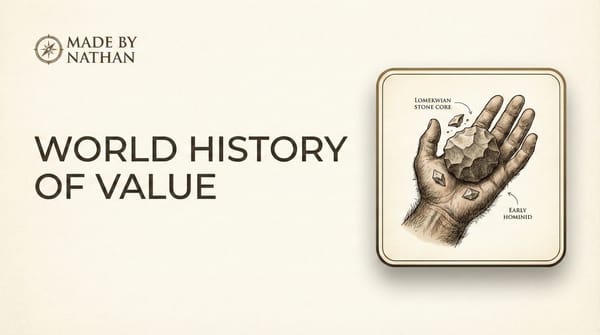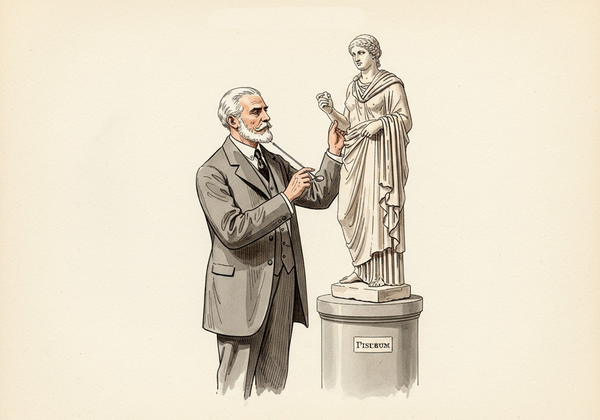Free Men of the Steppe: Kazakhs and Cossacks
This blog post is about how the words Kazakh and Cossack are related.
Background
My wife Masha is from Kazakhstan, although she is not ethnically Kazakh. (Her ancestors are from Ukraine and Moldova.)
I have been to visit Kazakhstan a few times and it's a very beautiful country! We were there a few months ago (August 2025) to visit her family.

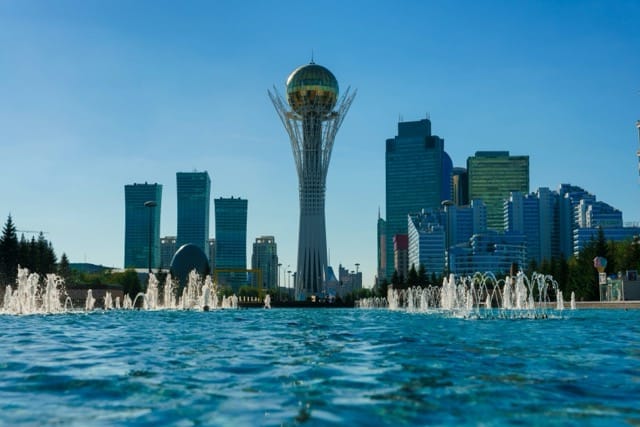
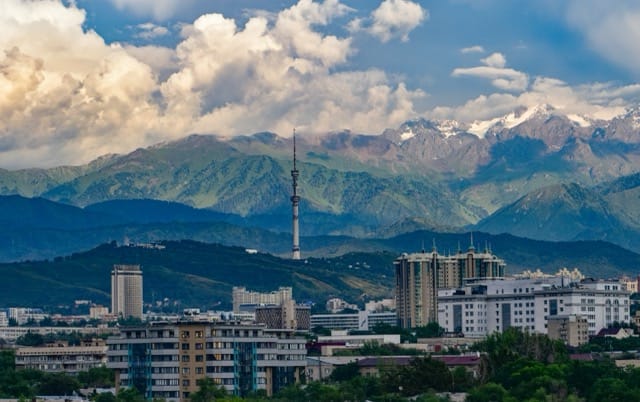
I would like to go back and visit Mangystau. Check out these amazing photos from Daniel Kordan:
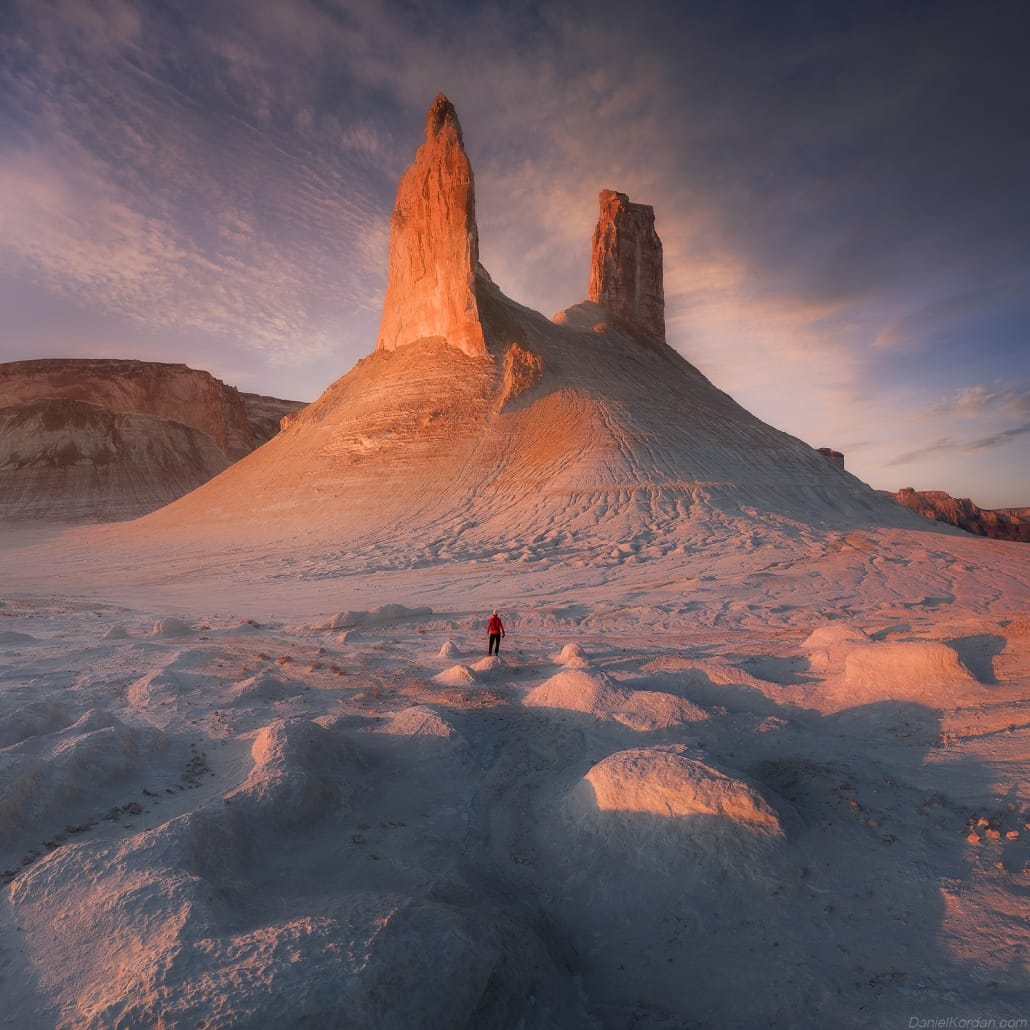


You can see more of his photos here:

I'm slowly learning the Russian language, and I'm also learning more about Russian and Eastern European culture and history.
I noticed that the words "Cossack" and "Kazakh" sounded very similar so I was curious to find out if they were related.
Who Are The Cossacks?
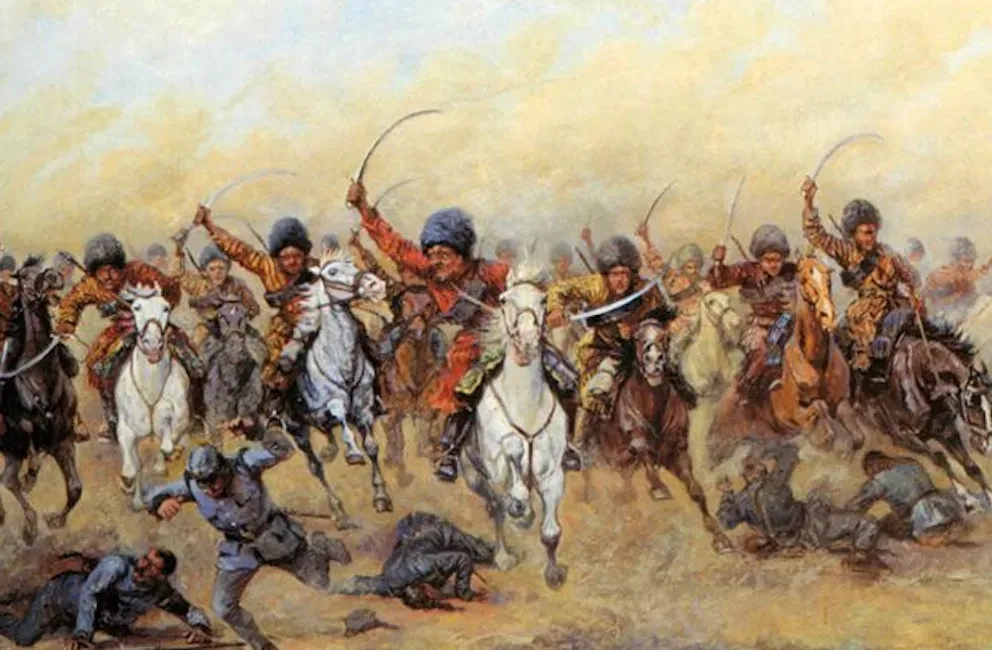
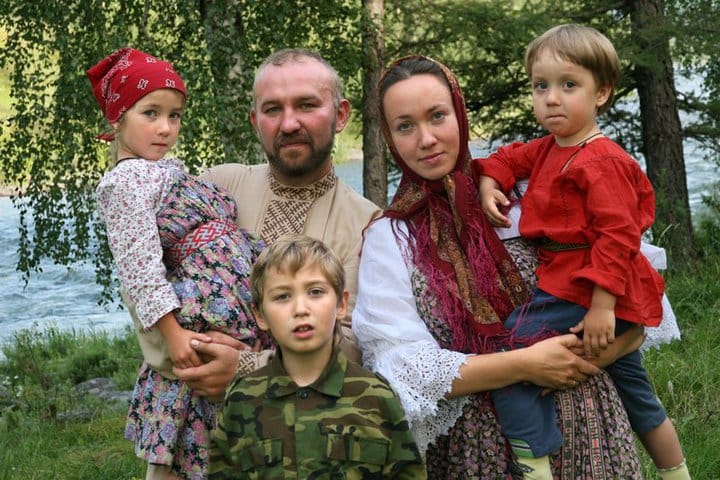
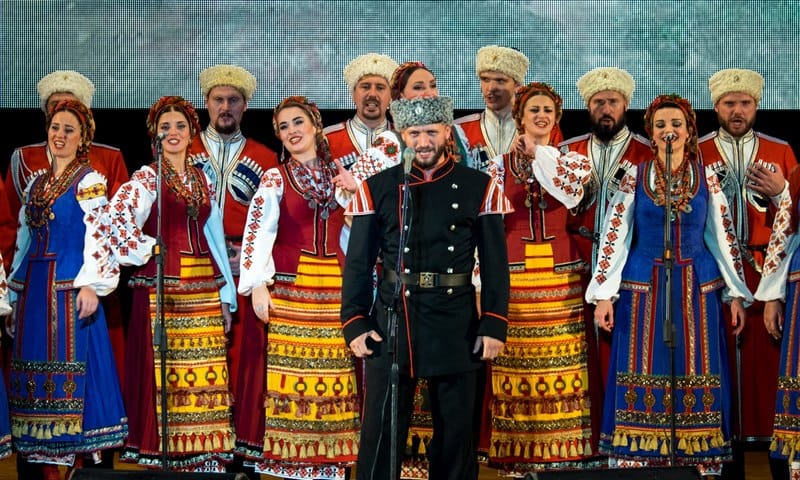
This is kind of hard to explain!
“Cossack” started out as a label for free, semi-nomadic warrior communities on the frontiers of Eastern Europe. They were made up of all sorts of runaways, adventurers, and ex-serfs who banded together for raiding, herding, and border defense. Over time they became more settled, more Orthodox Christian, and more tightly linked to Russian and Polish states, with formal “hosts,” uniforms, and privileges. Today, the old way of life is gone, but the word lives on as a mix of ancestry, folklore, and subculture: a few people treat “Cossack” as their ethnicity, a few million more like it as a heritage or identity, and various organizations still put on the uniforms, ride horses, and attempt to keep the traditions alive.
Who Are Kazakhs?
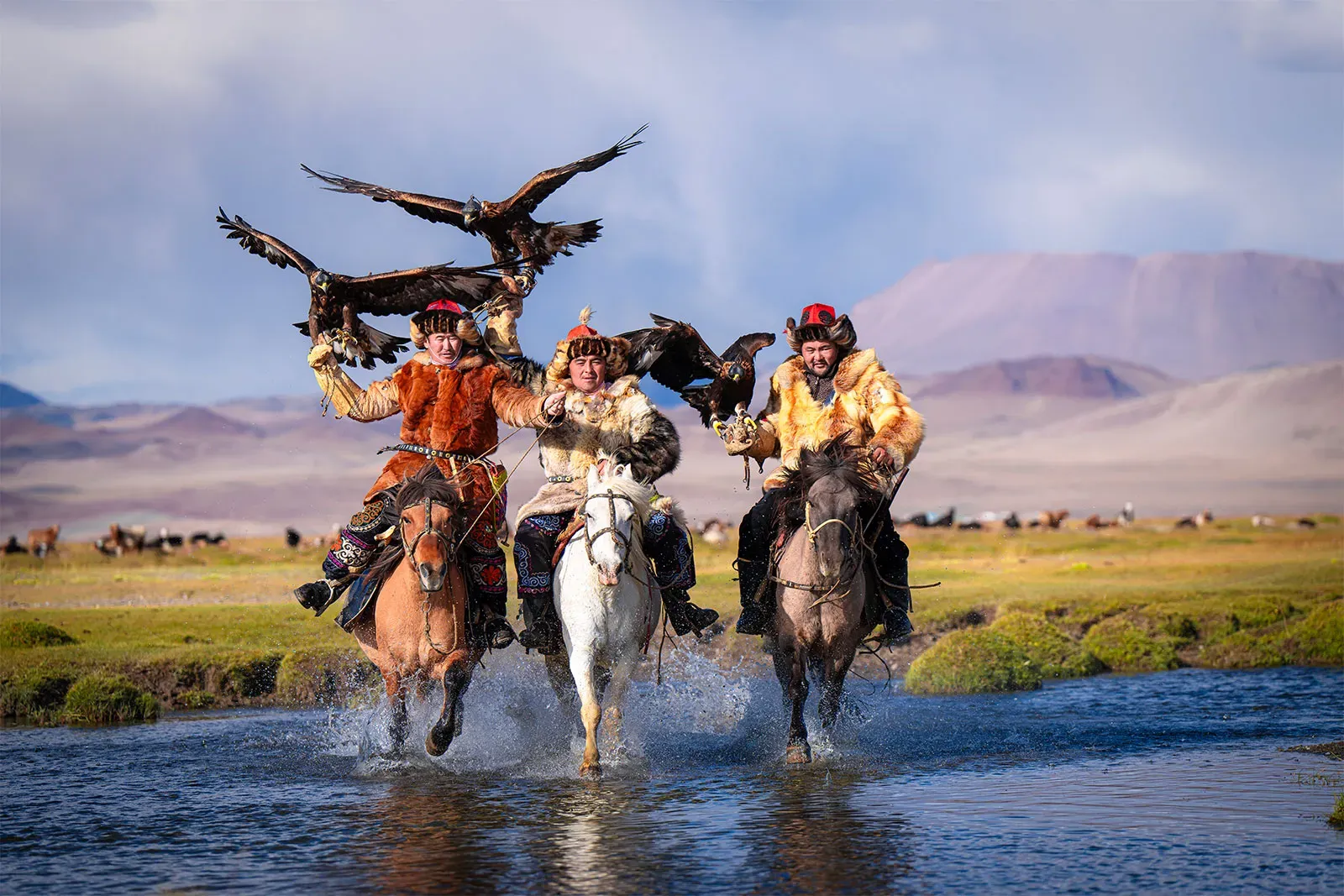

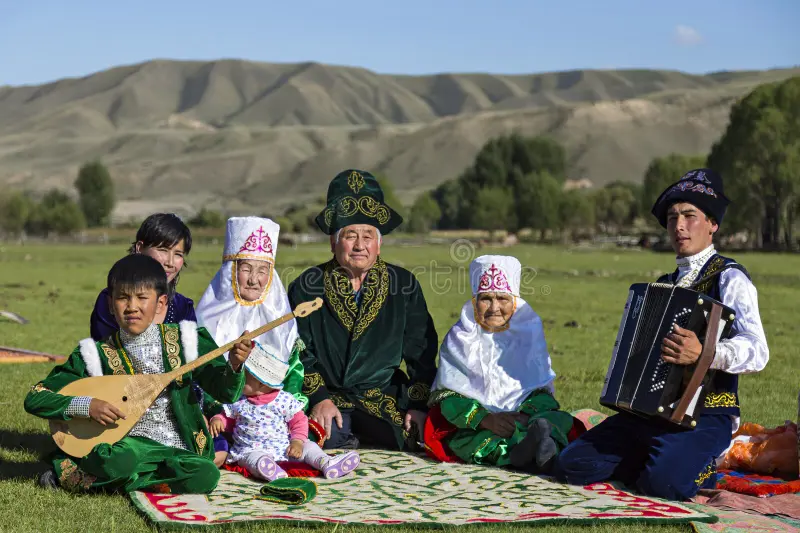
The Kazakhs are a Turkic people from the Central Asian steppe, whose ancestors lived as nomadic herders. They moved with their horses, sheep, and camels across what is now Kazakhstan and the surrounding region. Their language, Kazakh, is Turkic, and still close enough to Turkish that speakers of the two can sometimes recognize shared roots and basic words. Like Spanish and Portuguese.
Their traditional life was organized around clans and extended families, and their culture is full of steppe things like yurts, horsemanship, and epic poetry. A lot changed under the Russian Empire and later the Soviet Union: forced settlement, famine, and industrialization pushed them into towns and cities, and today most Kazakhs live in a modern, largely urban country.
Same Turkic Root, Different Paths
Both "Cossack" and "Kazakh" come from a Turkic root usually reconstructed as qazaq, which means something like:
- free man
- adventurer / wanderer
- steppe nomad, sometimes with a hint of “outlaw” or “raider”
From that shared root you eventually get two very different historical groups:
- Cossacks: frontier military communities in the Slavic world (especially in the Russian and Polish-Lithuanian spheres)
- Kazakhs: a Turkic Central Asian people, now the titular nation of Kazakhstan
In Other Languages
Once you step outside English, the relationship becomes a bit more obvious.
Russian
- Kazakh → казах (kazakh)
- Cossack → казак (kazak)
Only the final consonant changes: к vs х.
Turkish
- Kazakh → Kazak (the people / nationality)
- Cossack → usually Kazak in context
Modern Turkish often uses Kazak for both, with context doing the disambiguation.
Kazakh
- Kazakh (the people) → қазақ (qazaq)
- Cossack → typically borrowed via Russian as казак when Kazakh speakers talk about Slavic Cossacks
Different Peoples, Cognate Names
In short:
- Historically and culturally, Cossacks and Kazakhs are not the same group at all.
- Linguistically, their names are cognates that grew out of the same Turkic word for “free, wandering person”.
English happens to hide that connection a bit with two quite different spellings: Cossack and Kazakh. In the steppe languages where the word was born, that common origin is much easier to see.
A Few Parallels
“The people” → Deutsch, Dutch, Teutonic
Proto-Germanic has a root *þeudō meaning “people, tribe”.
From that you get an adjective *þeudiskaz “of the people”, which shows up later as things like:
- Deutsch (German for “German”)
- Dutch (originally “Germanic-speaker”, later narrowed to people from the Netherlands)
- Teutonic / Tedesco, etc.
So a generic “the people’s language” vs Latin turned, in different regions and eras, into labels for different ethnic / national groups of Germanic speakers.
“Those who speak (our language)” → Slavs, Slovaks, Slovenes
One major theory for the Slavic ethnonym reconstructs *Slověninъ from the same root as slovo “word”, giving a sense like “people who speak (understandable words)”, in contrast to mumbling foreigners.
From this generic “speakers / our-people” idea you get several group names:
- Slavs in general
- Slovaks
- Slovenes
So one “we-who-speak” root has split into several distinct modern ethnonyms.
Now if you'll excuse me, my wife and I are going to watch Taras Bulba.
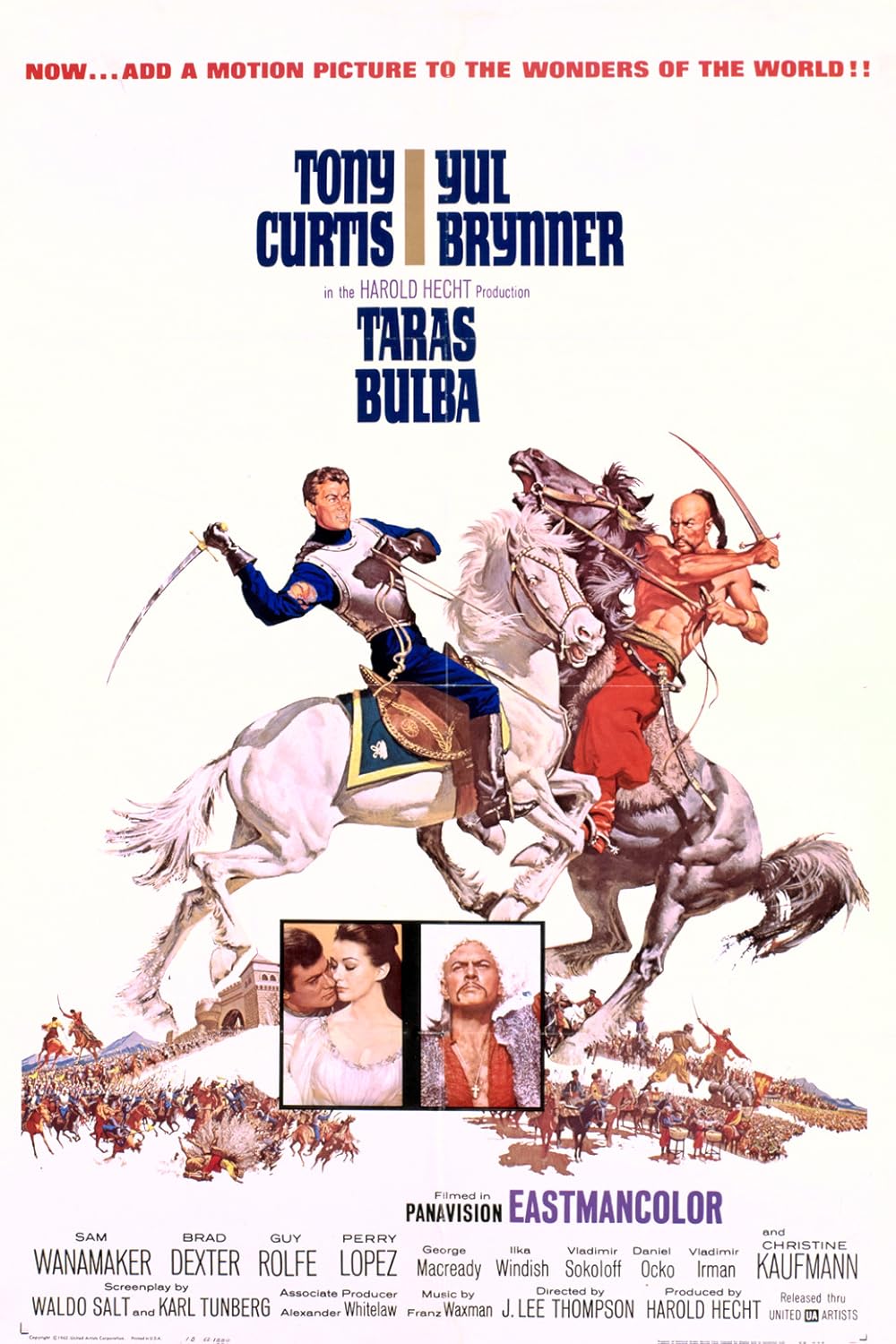
In the 16th-century Ukraine, the Polish overlords and Ukrainian cossacks fight for control of the land but frequent Turkish invasions force them to unite against the common Turkish foe.




